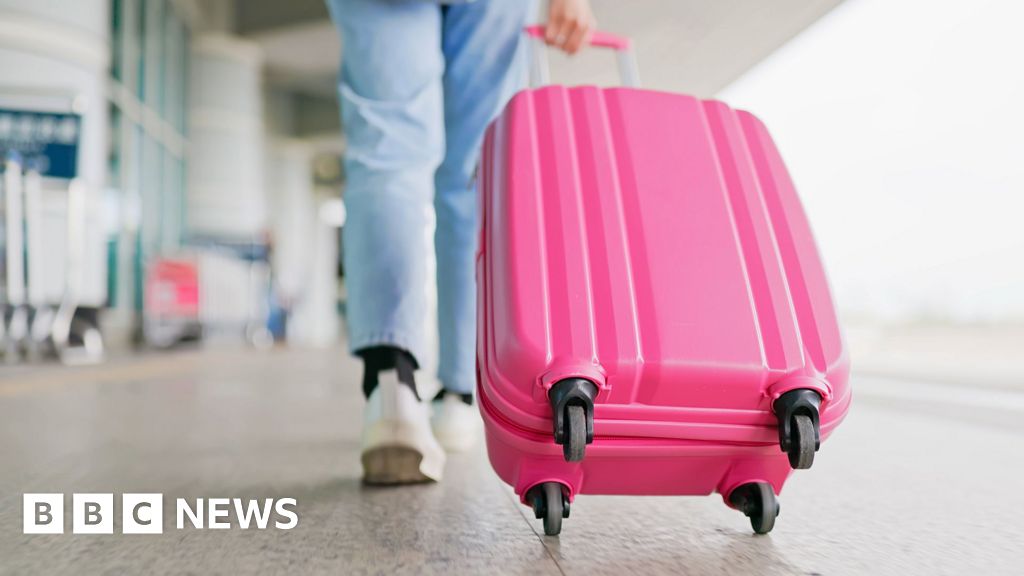ARTICLE AD BOX
By Ed Clowes
Business reporter, BBC News
Image source, Getty Images
Soaring energy bills could lead to a "catastrophe" this winter without more government help for those struggling, several bodies have warned.
Adam Scorer, boss of fuel poverty charity National Energy Action, called for action before it was too late.
The Resolution think tank, said one solution could be a social tariff, with wealthier customers paying more to fund discounted rates for those struggling.
At least 40% of energy giant E.ON's customers will go into fuel poverty as prices rise this year, the company's chief executive told the Business, Energy and Industrial Strategy Committee on Tuesday, while the head of Scottish Power said this autumn would be "horrific" for poor customers.
The price cap is set to be increased again in October, potentially pushing an average annual bill up to £2,600, one analyst has told the BBC.
To date, the government has said it will offer extra relief of £150 in April via the council tax system in England, and in October customers in England, Scotland and Wales will receive a £200 rebate on their energy bills.
They will have to repay this at £40 a year for five years, starting in April 2023.
The warm house discount scheme is also being expanded to cover three million households. It offers low income households a one-off annual discount on their electricity bill, and was worth £140 in 2021-22.
"The scale of this problem is beyond what the energy companies can do. This is a catastrophe for many households on the lowest income.
"It means the government has another chance to get ahead of the next phase of this crisis. It has spurned the ones it has had before," Adam Scorer, chief executive of National Energy Action, told Radio 4's Today Programme.
Image source, Getty Images
Torsten Bell, whose think tank Resolution Foundation focuses on those on lower incomes, said energy bosses were right to focus people on "the catastrophe coming this autumn".
"They're right to say we aren't doing enough," he added.
Mr Bell said a social tariff was "definitely worth exploring", in part because it would target money at those on the lowest incomes.
Until 2011, energy companies offered cheaper packages to customers that were in fuel poverty, meaning that 10% or more of their income was spent on gas and electricity.
They also offered the tariffs, which often matched the cheapest deal available on the market, to customers over 60 years old, on means-tested benefits, or on a low income.
Benefits or bills?
But Mr Bell cautioned that social tariffs also presented their own problems.
He pointed to the low take up of similar packages for broadband internet, which have so far only been adopted by 1-2% of Universal Credit claimants, while adding that raising bills even further for middle and top earners was "unlikely to be a good idea" in the short term.
"And in the longer term, the government is already looking at using energy bills to pay for some of the energy infrastructure that we need.
"The big challenge with this as an approach is do we really want to use energy bills to pay for help for poorer households," he added.
Mr Bell said the benefits system was a better alternative to help those most in need.
The price of fuel, food and energy in the UK has rocketed this year, with inflation rising at its fastest rate in 30 years.
Wera Hobhouse MP, Liberal Democrat energy spokesperson, said "it's now or never for the government to step in for millions of families up and down the country feeling the pinch from the worst cost of living crisis in a generation."
This was echoed by Ed Miliband MP, Labour's shadow secretary of state of climate change and net zero, who said it was "shameful that Boris Johnson and Rishi Sunak are refusing to support the British people facing a cost of living crisis."

 3 years ago
55
3 years ago
55








 English (US) ·
English (US) ·